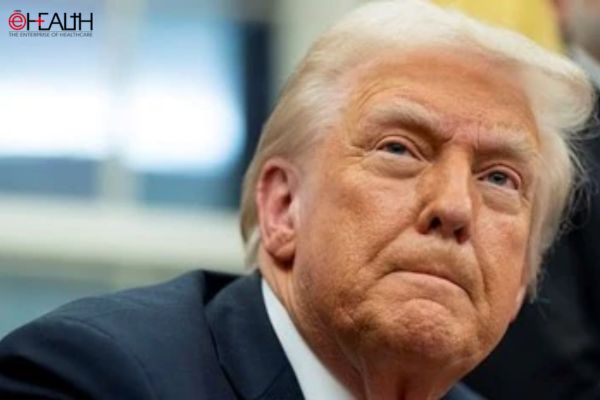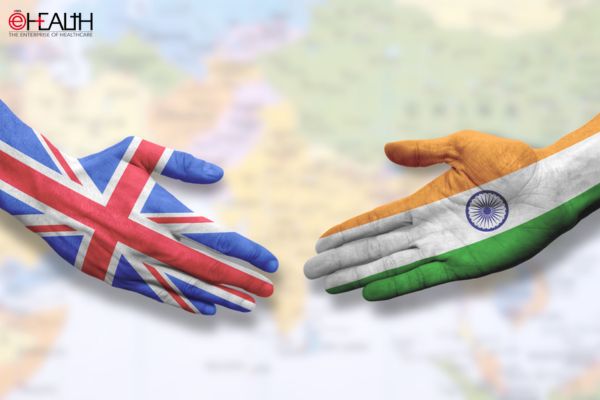
The Ministry of Environment has recently urged the Drugs Controller General of India (DCGI) and the Bureau of Indian Standards (BIS) to enforce compliance with regulations prohibiting the import and use of substandard gloves. Indian glove manufacturers have long advocated for a ban on the import of unsafe gloves from countries such as Malaysia, Thailand, Vietnam, and China, citing concerns over environmental harm and risks to medical and hospitality professionals.
According to EXIM data, India imported over 44 crore gloves worth Rs 55 crore between May and July 2024. Many of these imported gloves are priced as low as one rupee per piece, making them an attractive but inferior alternative to domestically produced gloves. The raw materials required for high-quality gloves are significantly more expensive, further challenging Indian manufacturers. Additionally, many of these imported gloves are chlorinated, rendering them unsafe for medical use.

Domestic manufacturers have called for government intervention, including the introduction of a Minimum Import Price (MIP) and a ban on importing gloves in gunny bags, which are often repackaged and misleadingly sold as medical-grade products. Notably, Western countries in Europe and the Americas have already prohibited the use of chlorinated gloves in favor of safer alternatives.

Although the central government’s Biomedical Waste Management Rules, 2016, prohibit chlorinated gloves, Indian manufacturers have petitioned various government bodies, including the Ministry of Commerce & Industry, the Ministry of Health and Family Welfare, the Department of Pharmaceuticals, the Central Drugs Standard Control Organization (CDSCO), and BIS, regarding their continued presence in the market. As an immediate measure, manufacturers have urged the implementation of a Quality Control Order (QCO) to curb the influx of substandard gloves.

Another critical issue is the misclassification of Harmonized System of Nomenclature (HSN) codes, which allows importers to bypass regulatory controls. Importers frequently classify gloves as healthcare equipment to benefit from reduced Goods and Services Tax (GST) rates. While the GST rate for gloves is 18%, reclassifying them as healthcare products reduces the rate to 12%, resulting in substantial tax revenue losses for the government, estimated at crores of rupees per month.

Also Read :- How Localising Key Components and Scaling Production Can Drive Further Affordability of CAR T-Cell Therapy
The implementation of a Minimum Import Price (MIP) would help curb the dumping of substandard gloves, support local manufacturers, generate employment, and contribute to environmental sustainability. Currently, India’s Free Trade Agreement (FTA) with ASEAN countries permits the import of finished gloves at 0% duty, while the import duty on latex, a key raw material for glove production, stands at a staggering 77% anti-dumping duty. This discrepancy undermines the Make in India initiative and hampers domestic manufacturing growth.
To mitigate these challenges, the government must take proactive steps, including:
- Reducing import duties on raw materials required for glove manufacturing.
- Implementing a Quality Control Order (QCO) to ensure the safety and quality of imported gloves.
- Introducing a Production Linked Incentive (PLI) scheme to bolster domestic manufacturing.
- Strengthening regulatory oversight at ports to prevent the entry of substandard gloves.
By adopting these measures, the government can significantly reduce import dependence, protect consumer safety, and strengthen India’s position as a key player in the global glove manufacturing industry.
Views expressed by: Anindith Reddy, MD & Co-founder, Enliva Gloves (Wadi Surgicals)
Be a part of Elets Collaborative Initiatives. Join Us for Upcoming Events and explore business opportunities. Like us on Facebook , connect with us on LinkedIn and follow us on Twitter , Instagram.
"Exciting news! Elets technomedia is now on WhatsApp Channels Subscribe today by clicking the link and stay updated with the latest insights!" Click here!
















